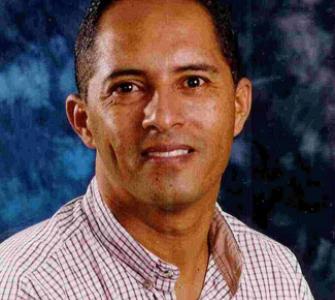
Wagner Guzmán Castillo
Wagner's project seeks to evaluate the socio-economic and environmental impact of aquaculture in the Indigenous communities Wampis and Awajún. He will then establish a methodology for analyzing impact indicators, which can be replicated for studies in many other locations throughout the Peruvian Amazon. The objective is for these results to influence environmental planning strategies and ecosystem services compensation mechanisms by incorporating externalities affecting forest conservation. Ultimately, his research aims to improve the living conditions of these and other vulnerable populations.
Wagner has extensive work experience in environmental management and conservation projects and has conducted research studies focused on the benefits of conducting valuation studies. These studies have focused on the valuation of goods and services as well as environmental impacts and new mechanisms for biodiversity conservation. He has researched economic valuation and carbon capture in aguajales (palm tree swamp forest) ecosystems in the Peruvian Amazon. He has also conducted studies to determine willingness to pay and to aid in implementing mechanisms for payments for ecosystem services (PES) in different cities within the Amazon Region in Peru. His studies have helped impact crop development in steep slope areas, among others. Wagner was President of the Regional Environmental Commission of the Amazonas Region from 2009-2011, during which time the region implemented many conservation initiatives. Wagner completed his undergraduate studies in Agricultural Engineering at the Universidad Nacional Agraria La Molina in Lima, Peru and received his Master's degree in Agricultural Economics at the Pontificia Universidad Católica in Chile. He later completed his doctoral studies at the Universidad de Alcalá in Spain. Wagner has also been a member of several research and cultural organizations in the Peruvian Amazon for more than 15 years.
